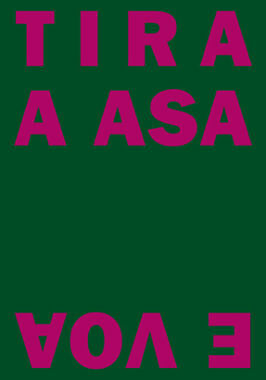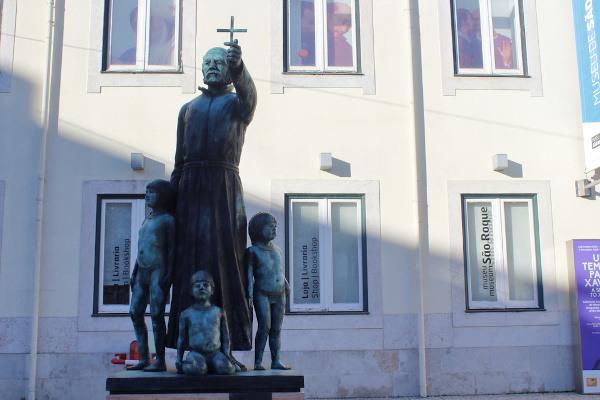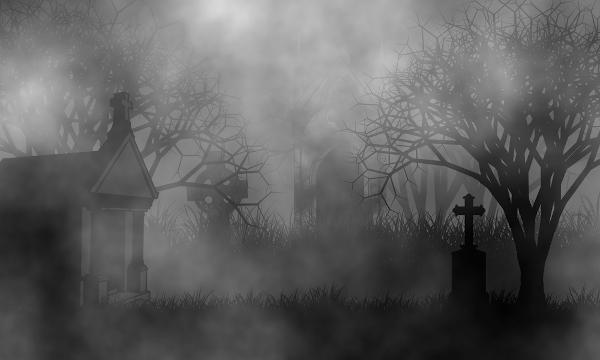Some writers of Brazilian literature have an interesting relationship with the world of music. Vinícius de Moraes, for example, in addition to being a poet, was an excellent composer and one of the most important names in the Bossa Nova movement, which began at the end of the 1950s in Rio de Janeiro. Antônio Cícero, one of the most interesting names in contemporary literature, saw his poems turned into music by his sister, singer Marina Lima. Chico Buarque and Caetano Veloso made us rethink the boundaries (if they exist) that separate the genres of lyrics and poems. In addition to these “singers” mentioned, there are many others who have always made the word the strength of their songs.
Arnold Antunes, Brazilian musician, poet, composer and visual artist, is perhaps today the greatest example of dialogism between literature and music. Strong name in national rock in the 1980s, he was one of the founders and leaders of one of the most successful bands in our music, the Titans. His poetic journey began in 1986, when he had published the book
or and, which was composed of poems that explore the visual dimension of words. After the successful debut, many more books came. In 1992, the artist received the highest award given to an author of Brazilian literature, the Jabuti Prize, in the Poetry category. When reading his poems – many of them set to music when Arnaldo was still a member of Titans, others in his solo career as a musician – don't expect an encounter with the conventional: his texts are creative, the poet-musician (hard to define!) explores different diagramming techniques, different fonts and different colors, indispensable elements to achieve the intended meaning in his compositions.Arnaldo Antunes uses resources from different literary trends to build his poems, especially from Concretism and of the Marginal Poetry. Among these features are the iconic use (the image is an essential element of his poetry), the play on words, the playfulness (there is in his writing the enchantment of a primitive, almost childlike look), originality, telegraphic writing and objectivity. So that you can understand all the genius of this so peculiar, eccentric, inventive and restless artist, the Brasil Escola has selected for you five poems by Arnaldo Antunes that will deconstruct your concepts about poetry. Good reading!
Do not stop now... There's more after the advertising ;)
Culture
The tadpole is the frog's goldfish
silence is the beginning of the conversation
The mustache is the cat's antenna
The horse is pasture for the tick
The kid is the lamb of the goat
The neck is the belly of the snake
The piglet is a younger pig
The chicken is a little bit of the egg
Desire is the beginning of the body
Getting fat is the pig's job
The stork is the giraffe of the goose
The dog is a gentler wolf
the dark is half the zebra
The roots are the veins of the sap
The camel is a horse without thirst
Turtle inside is wall
The foal is the mare's calf
The battle is the beginning of the truce
parrot is a miniature dragon
Bacteria in a medium is culture.
Arnold Antunes

Along with the poet Augusto de Campos, Arnaldo Antunes is one of the forerunners of digital or electronic poetry
the mirror holes
the mirror hole is closed
now i have to stay here
with one eye open, one awake
on the side where I fell
there is no access to this side
even if they call me by name
even if they admit my return
every time I go to the door it disappears
the window disappears on the wall
the water word dissolves
in the word thirst, the mouth gives way
before speaking, and you don't hear
I already tried to sleep all night
four, five, six in the morning
I will stay there in this chair
one ear alert, one ear turned on
the mirror hole is closed
now i have to stay now
I went for abandoned abandonment
inside outside
Arnold Antunes

Arnaldo Antunes' poems explore the visual dimension of words
Things
Things have weight,
mass, volume, size,
time, shape, color,
position, texture, duration,
density, smell, value.
consistency, depth,
contour, temperature,
function, appearance, price,
destiny, age, meaning.
Things have no peace.
Arnaldo Antunes / Gilberto Gil
By Luana Castro
Graduated in Letters



